How war changes feminist movement
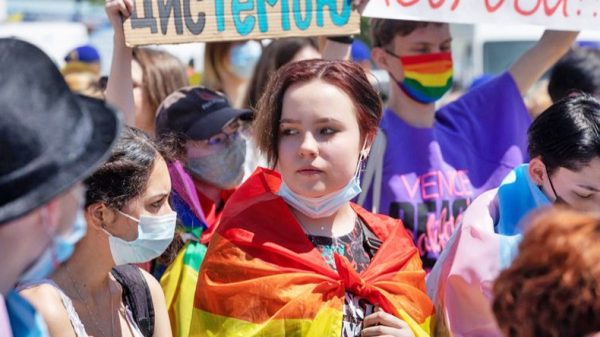
Ukrainian feminists look back at the challenging year that has reinvigorated their activism and shaped their values, writes Kateryna Semchuk
LIKE everyone else in Ukraine, feminist activists had to adapt quickly to the Russian invasion that began a year ago this week. From the moment the country woke up to rocket strikes on its cities, grass-roots feminist organisations switched to providing humanitarian aid and helping displaced people find shelter — all the while trying to keep women’s rights their focus.
‘Feminist values like mutual aid, solidarity, support all matter [in wartime],’ says Yulia Lutyi-Moroz, a 29-year-old member of FemSolution, a queer feminist organisation started by a group of Kyiv-based students in 2016. Paradoxically, she says, the war has revitalised her activism, which was on the verge of burnout.
At the same time, the war has also forced activists to reconsider some of the principles that underpin their work. In particular, they have had to figure out how to stay true to their critique of patriotism and nationalism, which they see as fundamentally patriarchal values, when the country they live in is under Russia’s attack.
FemSolution started life by organising protests against discrimination and violence, as well as raising awareness of feminism through lectures, art and online activism. Within two weeks of the invasion, the group’s core members were organising supplies for displaced women. ‘I was sitting in a village near Kyiv processing orders, while our activists in Lviv were putting together period boxes,’ Lutyi-Moroz says. Their volunteer ethos and strong beliefs helped them adjust quickly to the new needs the war has brought.
FemSolution, which has eight core members, is one of a range of grassroots feminist groups to have emerged in Ukraine over the past decade. Blikis, originally from Kharkiv, and Lviv’s FemMaisternia are two others that share their agenda.
The actions of these feminist groups weren’t welcomed by everyone in Ukraine. In the years before the invasion, feminists faced attacks from far-right nationalists. They would be bullied online, have their personal information — including home addresses — published on far-right Telegram channels, and any public event or protest met with disruption from far-right groups, which often meant violent assaults. Under attack, and with low levels of funding, grassroots feminists — particularly those from left-wing and queer political currents — felt increasingly pushed to the margins.
Now, Lutyi-Moroz says, she feels reinvigorated — driven by her anger at Russia on the one hand, and her desire to help people on the other. ‘I’m starting to feel like a whole unit again. The war seemed to shut out anything superfluous and set things out in black and white.’
Over the past year, FemSolution has concentrated on distributing menstrual hygiene products that are often left out of other aid packages. Later, with the help of donations from ordinary Ukrainians and people overseas, the group was able to add medications and food.
As a small group, members are aware of their limits — FemSolution doesn’t offer focused support to women from liberated territory, for instance, because of the psychological strain of working with victims of war crimes. They have also paused the campaigning they did before the invasion, though they don’t necessarily see that as a problem.
‘Activism can’t be reduced only to street actions and placards. It was always about education and working with an audience,’ says Alisa Shampanska, another FemSolution activist. ‘You have to act based on the situation,’ she adds, pointing out that actions based on mere theory fail to achieve tangible results.
‘With humanitarian help, I immediately get a release of endorphins when people give me feedback,’ Lutyi-Moroz says. It’s a contrast to her previous activism, which she often found frustrating for its lack of immediate results.
Back to campaigning
IN 2021, the World Economic Forum’s annual Global Gender Gap Report ranked Ukraine 74 out of 78 countries, suggesting the country has a long way to go to reach gender parity. And data collected by the Ukrainian sociological group, ‘Rating’, in 2022 shows that most middle-aged or older Ukrainians are more inclined to conservative values.
But there have been some advances over the past year, which are largely down to activists’ hard work. In July 2022, Ukraine ratified the Istanbul Convention on preventing violence against women and domestic violence, after years of advocacy by local groups. The convention requires Ukraine to take actions such as criminalising stalking and creating shelters for victims of abuse, who should also have the right to ask for financial compensation, though many of these are yet to be implemented.
A shift in public attitudes also seems to be underway, as shown by the widespread condemnation this month, after young Instagram influencers posted videos that appeared to show women being raped while intoxicated at wartime parties in Kyiv. Two of the influencers are now in custody, pending investigation into the making and distribution of pornography.
Responding to the fierce backlash against the videos, Lutyi-Moroz said: ‘I thought: “Oh, this is a part of the work I used to be involved in and I’m seeing the result now!” And it really inspired me.’
Sexism and violence against women didn’t vanish at the start of the invasion, of course. Some feminist groups have returned to their previous campaigning. In Lviv, the western Ukrainian city that — for the moment — provides some respite from the fighting and is home to the largest number of internally displaced people, local organisations have resumed educational events.
FemMaisternia and Bilkis (which has relocated to Lviv from Kharkiv) both switched to providing humanitarian aid after February 2022. FemMaisternia has given classes in first-aid and self-defence and found temporary shelter for newly arrived internally displaced people. Since the autumn, however, both organisations have returned to their usual activism. Some activists have even started organising protests.
Since its creation in 2019, Bilkis has taken part in the United Nations’ annual 16 Days of Activism Against Gender-Based Violence, which begins in late November. Last year, they picketed P’iana Vyshnia [Drunken Cherry], a popular Lviv-based restaurant chain, protesting what they claimed was sexist advertising.
Local far-right groups tried to disrupt their protest, while an ex-conservative city council member made a complaint about the group to the Security Service of Ukraine. The protest had been allowed by the local city council but he claimed it could represent a threat to Ukraine’s security that could lead to destabilising Lviv’s region.
An anti-war stance?
BEFORE the invasion, left-wing feminists in Ukraine may have had somewhat common cause with their respective Russian movements. But for some, the invasion has changed all that.
‘My own outlook shifted. Previously I saw the system differently: Russian anarchists and feminists felt somewhat closer to me and I didn’t have much sympathy for my own state,’ says Shampanska, an anarchist herself. ‘Now I have a fairly high level of solidarity with Ukrainian men and women, even if I know that some might be homophobic or conservative.
‘It’s harder to be dissatisfied with a society once you understand that not everything is bad about it — and when you compare it with the cruelty that has fallen on Ukrainians.’
Lutyi-Moroz was disappointed by what she saw as a lack of support from Russian feminists, after taking part in a conference with some of them last year.
‘We didn’t receive any support from them — neither financial support, nor any interest in ways they could help,’ she says. For Lutyi-Moroz, her Russian former comrades couldn’t see how their own behaviour was an extension of Russia’s imperial attitude towards Ukrainians.
‘We were anti-imperialist even before [the February invasion], but it deepened our understanding,’ says Yevheniya Dzekun of Bilkis. ‘We became more confident in our views.’
This hasn’t led activists to abandon their principles, however. FemSolution has always opposed militarism — and the group’s members say this holds, even in the current situation.
‘A large-scale invasion forced Ukrainians to fight for their survival. As feminists we strongly support the right to self-defence,’ says Lutyi-Moroz. ‘We are critical of possible negative consequences of militarisation. At the same time, we defend the right to resistance and we will support those who protect us.’
‘I have an anti-war stance on life because I love unicorns more than blood. But we live on the wrong side of the fence to have an anti-war stance,’ Shampanska says.
Lutyi-Moroz says that if not for her husband’s anxiety about her safety, she would have joined the Ukrainian army last February. Shampanska is still considering it.
Despite the work they’ve done over the past year, all three grassroots organisations are struggling to find the resources to carry out their work. Friends who have relocated to the west help organise fundraising events for FemSolution, for instance — but there is a lack of more substantial grant money.
Shampanska chooses to be optimistic about the future. ‘The future [of the feminist movement] is very bright — because to imagine otherwise would be unbearable.’
OpenDemocracy.net, February 23. Kateryna Semchuk is Ukraine correspondent at openDemocracy’s post-Soviet space project and editor at Ukrainian Political Critique.



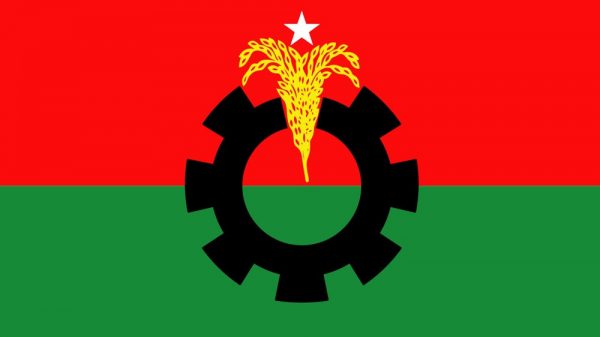

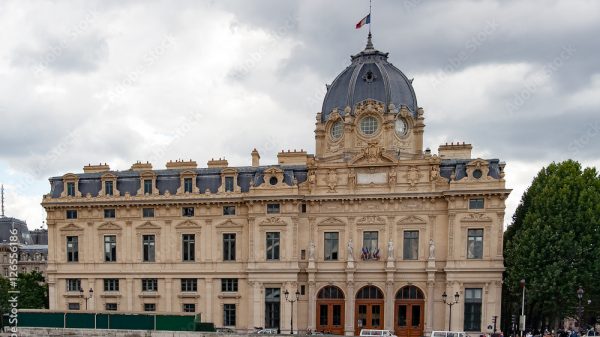
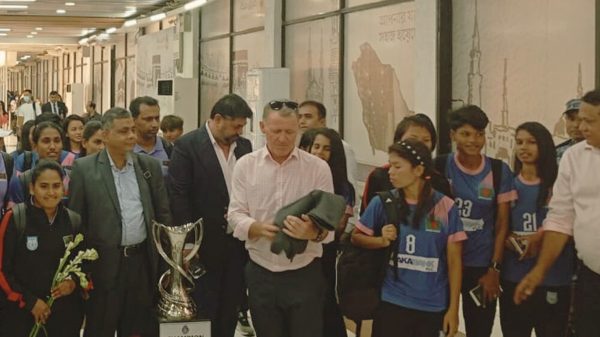
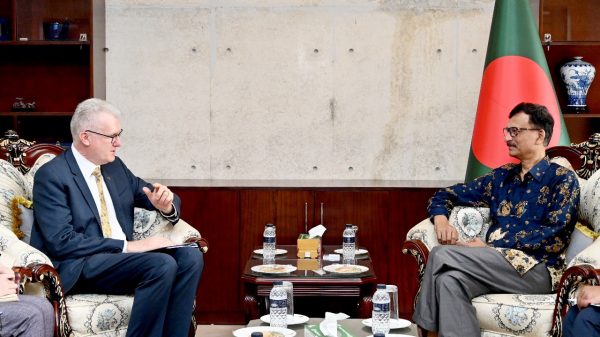

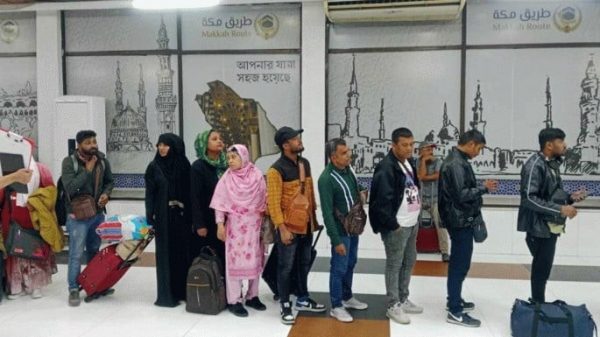
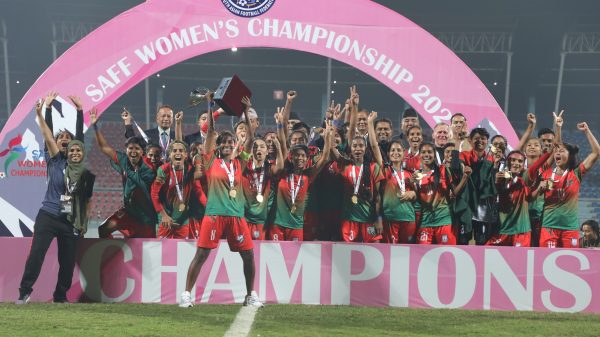
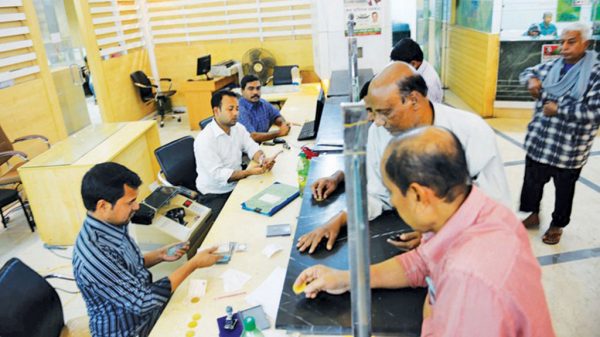











Leave a Reply